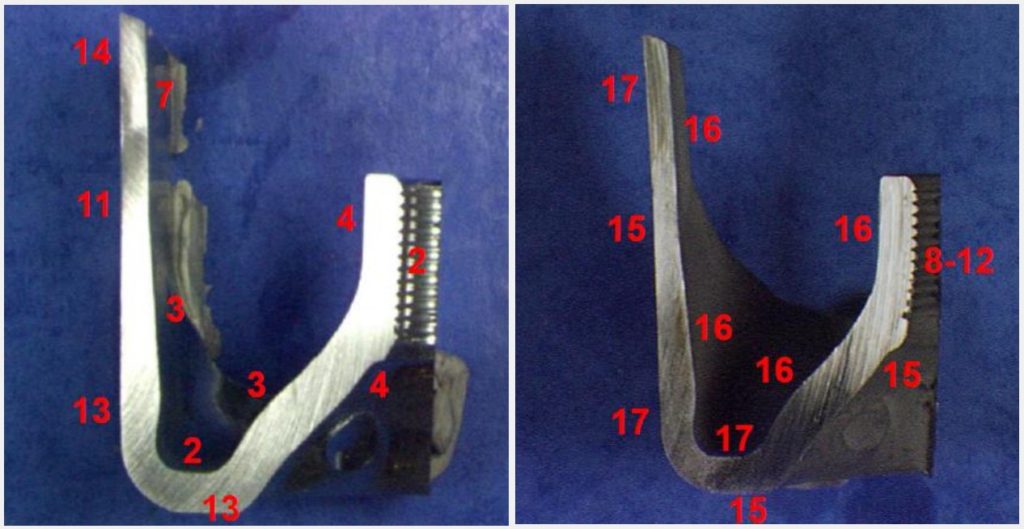At US Corrosion, we understand that the quality and performance of coatings play a crucial role in protecting your assets and infrastructure. Coatings are your first line of defense against corrosion, wear, and environmental factors. Our Houston coating assessment lab services are designed to provide you with comprehensive insights into the quality and properties of coatings, helping you make informed decisions and ensure the longevity of your assets.
Understanding Coatings:
The quality and properties of coatings depend on many variables. At US Corrosion, we utilize a range of characterization practices to help you understand and evaluate different coatings, coating practices, vendors, cleaning agents, surface preparations, and other critical variables. Our expertise and cutting-edge technology enable us to assess coatings for various industries, including oil and gas, marine, infrastructure, and more.
The quality and properties of coatings depend on many variables. We use a range of characterization practices to help you understand and evaluate different coatings, coating practices, vendors, cleaning agents, surface preparations, and other variables.
Common Tests for Coatings
We rely on a suite of industry-standard tests and analyses to evaluate coatings thoroughly. Each test serves a specific purpose and provides critical insights into coating quality and performance. Here are some of the most common tests we offer:
Adhesion Testing:
Our adhesion testing lab in Houston offers over ten different methods from various ASTM standards, ranging from simple qualitative knife or chisel tests to quantitative pull-off testing and stress analysis.
- Purpose: Measures the adhesion strength between the coating and the substrate to assess the risk of delamination or failure. This can be performed by simple methods using hand tools or quantitatively using our pull-off adhesion testing. In addition, we often add microscopic analysis or residual stress testing to provide more information on adhesion.
- These include the pull-off test per ASTM D4541 or ASTM D7234 for concrete pull-off,
- Peel-off coating testing per ASTM D903 and ASTM ,
- The bending test per ASTM D4145,
- The knife coating adhesion test per ASTM D6677,
- The tape adhesion test per ASTM D3359 is another common method we use for adhesion testing.

Coating Thickness Measurement:
- Purpose: Determines the thickness of the coating to ensure it meets specifications and provides adequate protection. This can be non-destructive using surface coating thickness gauges, or destructively using cross-sections and microscopic measurements.

Visual Inspection
Purpose: Identifies visible defects, such as cracks, blisters, or uneven application, which can impact coating performance. We can document this with photography, 3D scanning, and stereo microscopy.
Salt Spray and Cyclic Corrosion Testing
With several dedicated chambers, we use salt spray and cyclic corrosion analyses to evaluate the coating’s resistance to corrosion by exposing it to a controlled saltwater environment. These accelerated tests are helping for ranking different coatings and/or vendors, or for routine quality assurance.
Coating Weight Measurement
This can be performed in several ways. One is to weigh, then coat, then weigh again on coupons. Or the opposite: coat, weigh, then strip the coating, then weigh again to see how much was lost. Divide using surface area to determine the average thickness.
UV Exposure Testing (ASTM G154 and other methods):
- Purpose: Evaluates the coating’s resistance to UV radiation, important for outdoor or exposed applications. We have several methods for performing this testing.
Ready to ensure the effectiveness and longevity of your coatings? Contact us today to discuss your coating assessment needs, request a quote, or schedule an assessment with our experienced team. US Corrosion is your trusted partner in protecting your investments, assets, and infrastructure through thorough and accurate coating assessments.